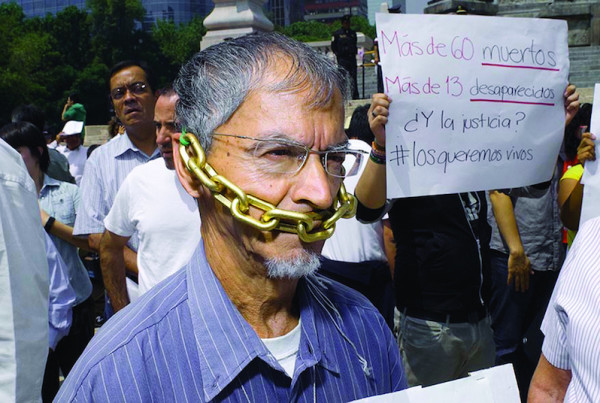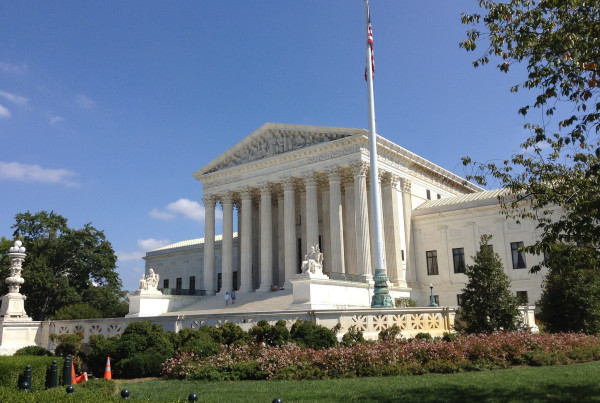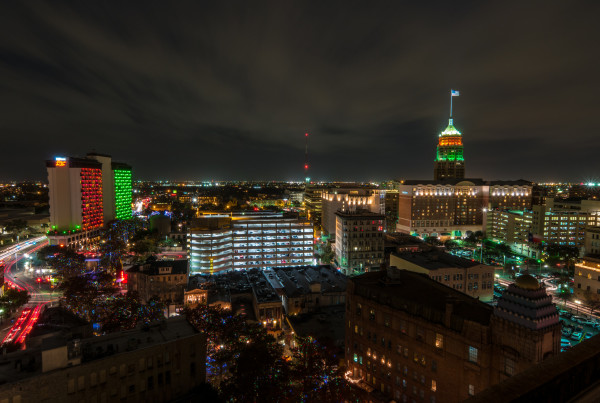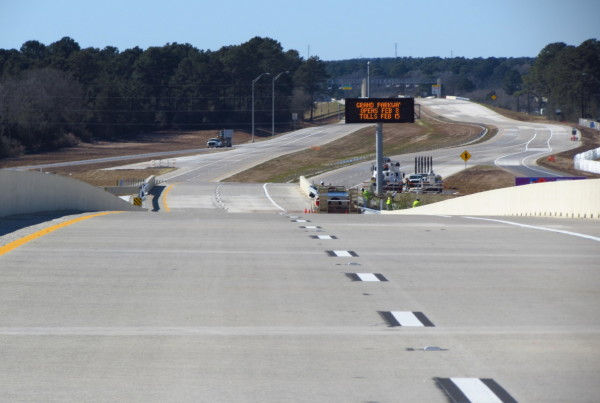Houston-native Beyoncé Knowles almost broke the Internet this weekend with the unexpected release of her new song “Formation” and its bold music video on Saturday. Then came her performance of the song at Sunday’s Super Bowl, where she paid homage to both Malcolm X and Michael Jackson; her dancers dressed to pay homage to the Black Panthers who formed 50 years ago in October.
It didn’t stop there. Beyoncé announced a world tour starting in April with stops in both Dallas and Houston – tickets go on sale next week. As part of the tour and her #BeyGOOD initiative, she created a fund to aid children in Flint suffering from lead poisoning.
This carefully curated firestorm – and business move – has been met with both criticism and praise.
Austinite Tanedra Louie has been listening to “Formation” almost nonstop since its release. She smiles and bobs her head as she watches the video for the umpteenth time.
“Right there, as soon as it started, I got chills,” says Louie, 28. “It’s showing the row of houses in New Orleans. Oh, and the shot with the girls in the denim in the parking lot, I feel like that’s more Houston.”
The video depicts images of a sinking police car, crawfish boils, black cowboys, women with afros in Victorian era outfits, and a small black boy dancing in front of armed policemen with the words “Stop Shooting Us” spray-painted on a wall behind him. But these images aren’t just political: they’re Southern, they’re black and they’re proud.
“’Formation’ to me was just like the celebration and the epitome of blackness and being proud that you are black,” says Jacquelyn Carter, 20, who studies at Texas State University.
“She was embodying everything it means to be a carefree Houstonian and a Texan, and a feminist,” says Lilian Bonaparte, 22, a recent graduate living in Sugarland.
Both Carter and Bonaparte are from Houston – they say the song makes them feel proud to be black women from East Texas. Omise’eke Natasha Tinsley, associate professor at the University of Texas in Austin, teaches a course entitled “Beyoncé Feminism, Rihanna Womanism.”
“I was worried that her public claim to feminism was going to mean an erasure to her regionalism,” Tinsley says. “People are kind of trying to wash out her Southern-ness and her Houston-ness as she’s becoming a bigger and bigger global star.”
But “Formation” takes it back. Tinsley says this video shows Beyoncé embracing both her feminism and her Southern-ness.
“What I love about Formation is that it is talking about ‘What are all the ways that black women in the South have claimed their power?’” she says.
The song has been claimed unapologetically black, but it’s also unapologetically feminine. The video shows black women sharing spaces together – dancing, getting in formation, lounging in old Southern mansions – and as Tinsley says, enjoying and owning their black bodies.
“From the time that we’re very small, black women are taught that anything black about our bodies is wrong,” she says.
Through fantasy-like images, Beyoncé creates a space where black women can embrace their past, their culture, their blackness and their woman-ness. She sends the message to black women that it’s okay to be proud of their bodies, and to show it to the whole world.
“The words themselves, the acceptance of Afro-centric features, Afro hair,” 22-year-old Bonaparte says. “She pretty much gave a middle finger to what I believe is white supremacy.”
After a year that saw much violence against black women – the death of Sandra Bland in a Texas jail cell, a young black girl pinned down by a policeman at a Dallas suburb pool party – Beyoncé’s video celebrates black women’s bodies.
“It does feel like there’s been a shift in the world and suddenly, the image of black women is that we’re alive, we’re here, and we slay,” Tinsley says.
Audio has been truncated to allow for song permission rights.














